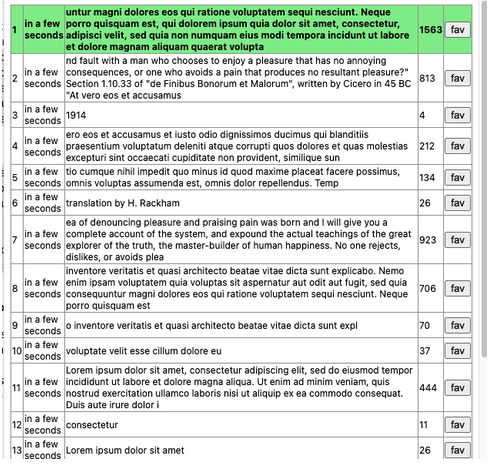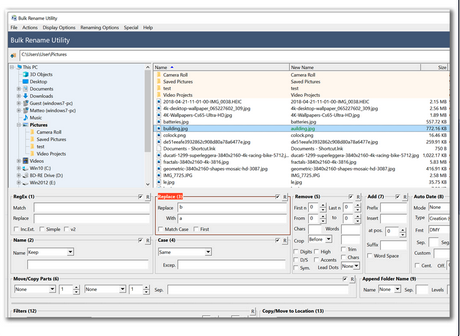The Origin and Evolution of Clipboard History Pro
Discover how Clipboard History Pro evolved from an experiment into a user-loved tool thanks to feedback!
Every tool has an origin story. For Clipboard History Pro, it began with a forgotten experiment.
We interviewed Denis, the original creator, to hear the story firsthand. He revealed how a personal project from 2013 accidentally grew into a tool used by tens of thousands, why direct user feedback was the secret to its success, and his hard-won lessons on building something people truly love.
What was the origin story of Clipboard History Pro? Was it a “fail fast” situation that just took off?
Denis: It started as an experiment around 2013, during the early days of browser extensions. Clipboard managers have been around since the 90s, but a friend challenged me to build one as a browser extension. I was new to the browser extension API, and it was one of my first published extensions. I built it quickly for my own needs, published it, and then completely forgot about it for a few years. When I checked back, it had thousands of users. I think around 9,000 weekly active users according to the Chrome Web Store. I was shocked. I started reading the comments and feedback and began iterating on the extension based on what users were asking for. For the next few years, I continued to build it as a completely free tool.

When did you realize Clipboard History Pro could become a real business?
Denis: I think it was when the user base hit around 50,000. I created a poll using Google Forms to ask users what features they used, what they liked, and what they didn't. I put a small link to the poll in the extension's popup. In just a week, I received nearly a thousand replies. That was a huge moment. I realized I had direct access to my users and could reach them. Thousands of replies in a week is significant.
It showed me that I had an audience, and if you have an audience, you can build a business. I started integrating Google Analytics to understand user actions better, but the direct feedback from emails and the Chrome Web Store comments was the most valuable. I made it a point to reply to all free users within 48 hours to keep that feedback loop going.
How do you balance adding new features versus keeping a product simple and user-friendly?
Denis: That is a great question, and I don't have a perfect answer. There are two forces at play. The engineer in me loves to create new features and tackle new technical challenges. But the product person in me knows that sometimes less is more. I always think of a tool called Bulk Rename Utility. It's an infamous example of terrible UX, with hundreds of buttons and input fields. It’s powerful, but overwhelming.

It's important to avoid overloading users and increasing the learning curve. Sometimes it's even good to remove features that aren't being used much. You have to find a balance. If competitors are adding a feature that users love, you probably need to consider it. But it's crucial to know your audience. A technical audience might appreciate more complexity and freedom, while a less technical audience needs simplicity.
With Clipboard History, the feature showing the character count of a copied item confused so many users. To me, it was obvious, but I got so many questions about what the numbers meant. Finding that balance is a secret I think everyone is trying to figure out.
What factors led to your decision to sell the company?
Denis: There were three key factors. First, after working on the same side project for years, I wanted to try something new and didn't have the time to pursue other ideas.
Second, Google announced the migration from Manifest V2 to V3 for Chrome extensions. This was a major technical update to the Chrome Extension platform, requiring many developers to rewrite their extensions. The timeline and technical requirements were unclear at the time, and I knew it would require a significant amount of work to migrate. It highlighted the risks of building on a single platform. We've all seen how quickly things can change, like when Apple made flashlight and QR code reader apps obsolete by building them into the OS. Relying on one platform for a full-time business can be risky.
[Editor's Note: Manifest V3 was a significant technical update to the Chrome Extension platform, requiring many developers to rewrite their extensions to maintain functionality and security.]
Colin Burns (Third South Capital): Denis, as we continue to grow Clipboard History Pro, are there any outstanding items on your wish list for the product?
Denis: I think diversifying beyond just the Chrome Web Store is a good long-term strategy. Creating a web-based panel or integrating with desktop clients that don't have a browser presence could be interesting directions. It would take significant technical work, of course, but it helps mitigate platform risk.
Cheers,
Myles, Colin, Harrison, and Justin
Add a comment: